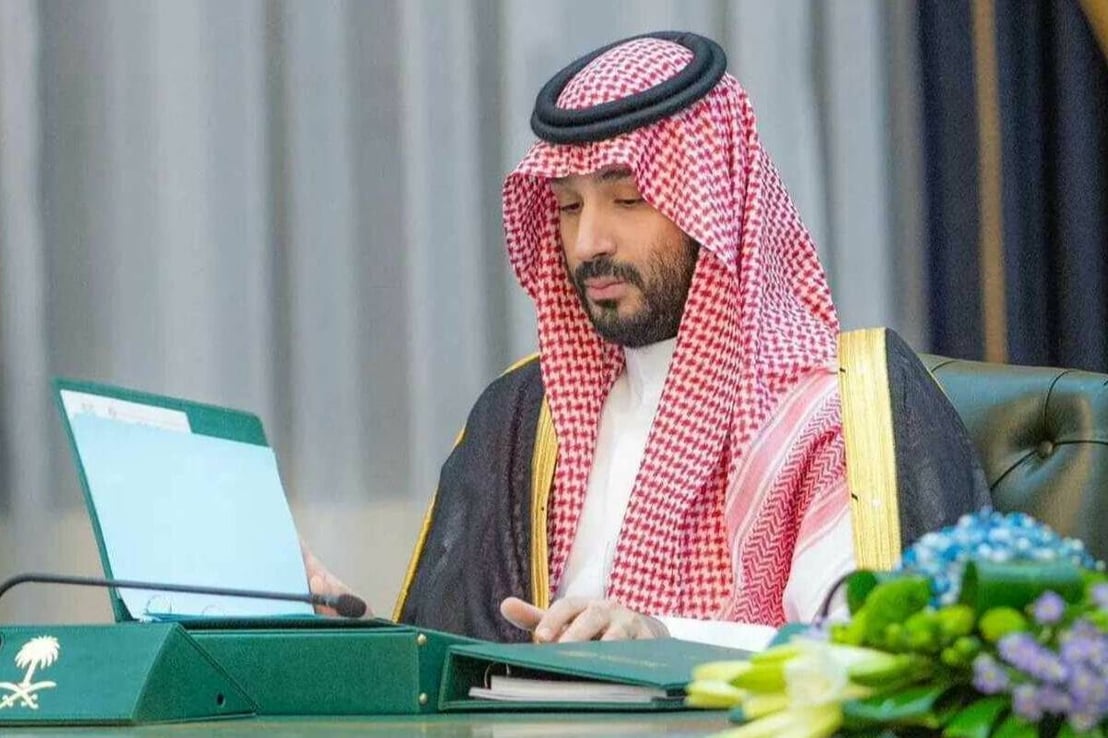Despite the extension of oil production cuts and lower crude prices, Saudi Arabia anticipates only a minor decline in revenues in the 2024 budget. The country plans to increase spending to support its non-oil economy by advancing major projects.
In 2022, Saudi Arabia experienced strong growth, surpassing many other G20 nations, and achieved its first surplus in nearly a decade. However, the economy has been impacted by reduced oil production and declining prices. Nonetheless, non-oil GDP growth in 2023 reached approximately 5.9 percent, significantly outperforming the overall economy.
Saudi Crown Prince Mohammed bin Salman has stated that the 2024 budget aims to stimulate growth in the non-oil economy by directing funds towards infrastructure, domestic industries, and services.
Read more: Saudi budget records a $27.68 bn surplus in 2022
Based on data from the Saudi Ministry of Finance, the projected total expenditure for the upcoming year is expected to reach SAR1.251 trillion ($334 billion), marking a 12 percent increase compared to the 2023 budget.
For 2024, Saudi Arabia anticipates total revenues of approximately 1.172 trillion riyals. Despite the extension of the voluntary oil production cut of 1 million barrels per day (bpd) for a significant portion of this year, the estimated total revenues for 2023 are around SAR1.193 trillion, surpassing the September pre-budget statement.
The Kingdom foresees a 4.4 percent growth rate in the coming year and plans to utilize the debt markets to manage a projected budget deficit of SAR79 billion in 2024.
GDP forecast
According to the Ministry of Finance, public debt is projected to increase to approximately 26 percent of GDP in the next year, compared to just under 25 percent of GDP in 2023.
In a statement, the Ministry affirmed that the 2024 budget demonstrates the government’s ongoing commitment to funding and executing economic transformation programs, initiatives, and projects aligned with the Saudi Vision 2030. At the same time, the budget aims to uphold fiscal sustainability targets in the medium to long term.
Strategic expenditure
During a press conference, Minister of Finance Mohammed Al-Jadaan highlighted that the 2024 budget focuses on increasing strategic spending on development projects in line with adopted national strategies. These initiatives are aligned with the goals of the Saudi Vision 2030 and national directives. The minister highlighted the government’s commitment to the ongoing implementation of programs and projects that yield economic, social, and environmental benefits. Additionally, the budget aims to support economic diversification and empower the private sector to enhance and improve the business environment. These efforts are intended to enhance the country’s appeal, promote economic growth rates, and attract investment.
On the challenges of the global economy, Al-Jadaan noted that, although uncertainty persisted, a faster-than-expected decline in global inflation was one of the most positive factors that might improve the performance of the world economy; This stimulates investment markets and keeps unemployment rates at low levels, reflecting positively on the Kingdom’s economy.
Oil production cuts
Furthermore, the Finance Minister remarked that the government’s revenues were being impacted by the oil production cuts implemented by the Kingdom as part of the OPEC+ agreements.
“The Kingdom has made a substantial decision to reduce production in collaboration with OPEC and OPEC+ partners, and this will undoubtedly have an impact on revenues,” he said.
According to the budget statement, oil production averaged 9.8 million bpd as of September, indicating a decrease of 6.9 percent compared to 2022.
For more news on the economy, click here.








